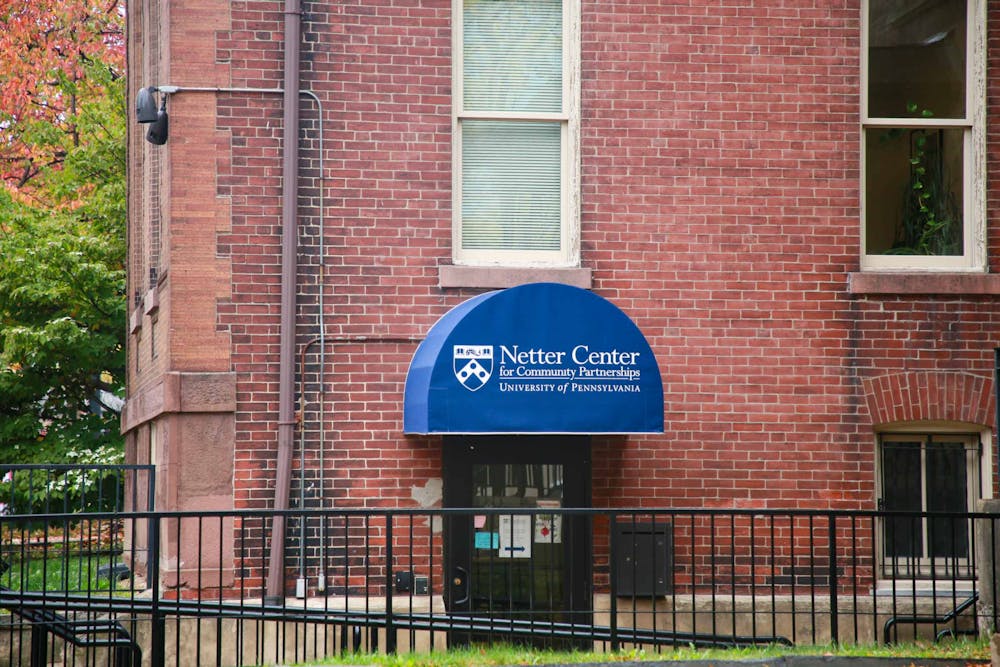A pilot initiative led by the Netter Center for Community Partnerships and the Graduate School of Education provides interactive summer programs for elementary school students in Philadelphia.
The program runs at Henry C. Lea Elementary School and Andrew Hamilton School for children in kindergarten through third grade, according to a GSE press release. Compared to previous years, the new model is more individualized and dynamic, aiming to help students stay engaged in the classroom.
The collaboration between the Netter Center and GSE first began in response to the changes that the COVID-19 pandemic and asynchronous learning brought to education. After two years of in-person instruction, teacher feedback informed modifications to reduce the presence of technology in the classroom and tailor the program to each student.
Instead of 45-minute class modules, students now rotate through interactive stations. Each task assigned to students resembles games or projects that train a specific skill. For example, a student may play a modified game of "Connect Four" to practice mathematics.
“This successful, ongoing summer collaboration between Penn GSE and Netter can continue to grow,” Bianca del Rio, executive director of the Netter Center's University-Assisted Community Schools, told GSE. “We are excited about continuing our work together and staying closely engaged not only with the students but also with our school day teacher and family/caregiver partners.”
During the 2022-2023 school year, GSE carried out multiple initiatives for schools across all Philadelphia regions, with the exception of the Hunter Catchment, Smedley Catchment, and Lawton Catchment Areas. Project goals ranged from holding writing workshops to educating students about discrimination and bias.
Philadelphia ranked No. 22 out of 26 large city school districts that took the Trial Urban District Assessment in 2022, falling behind the national average in reading and writing tests for fourth and eighth grade students.









